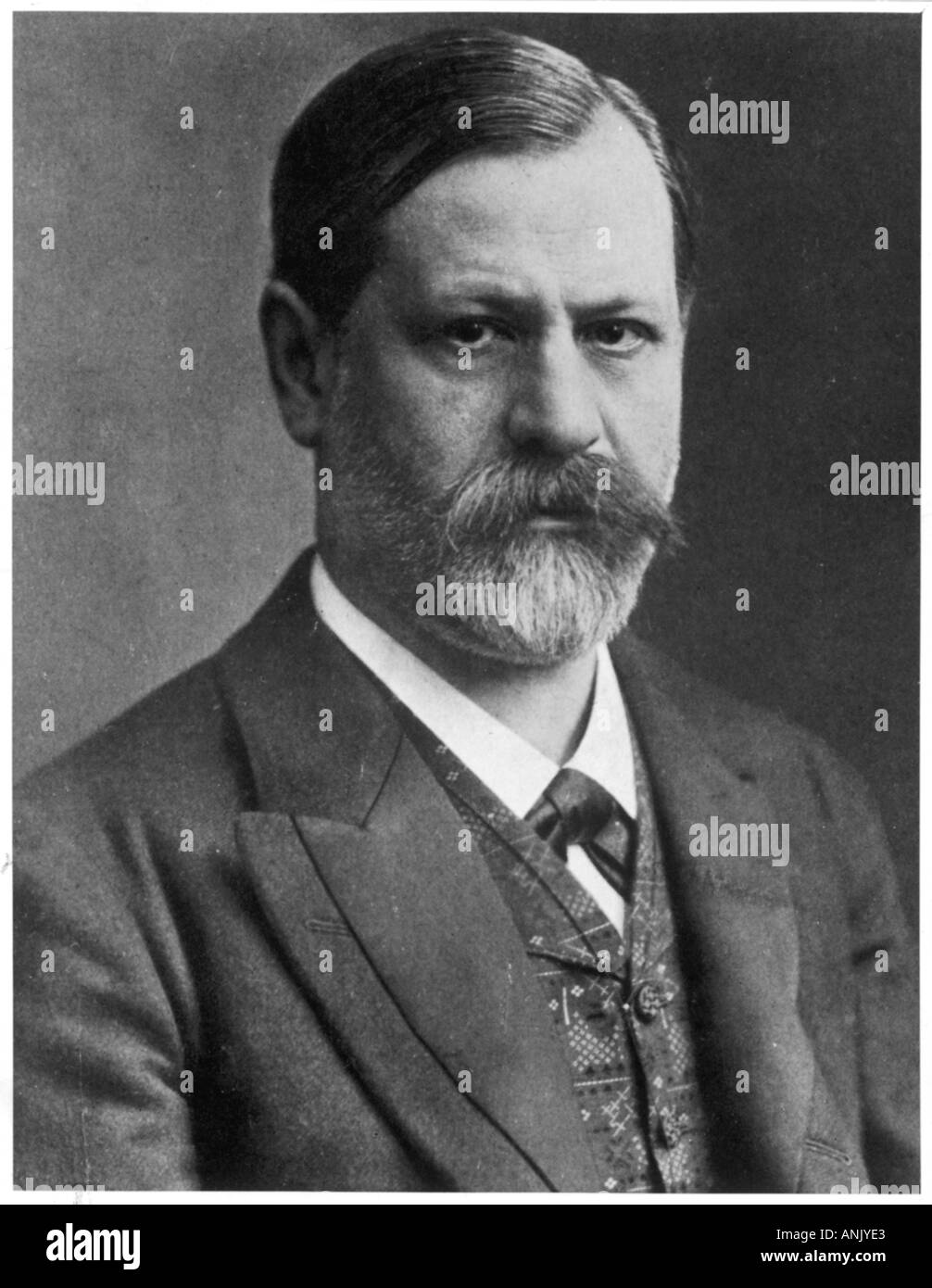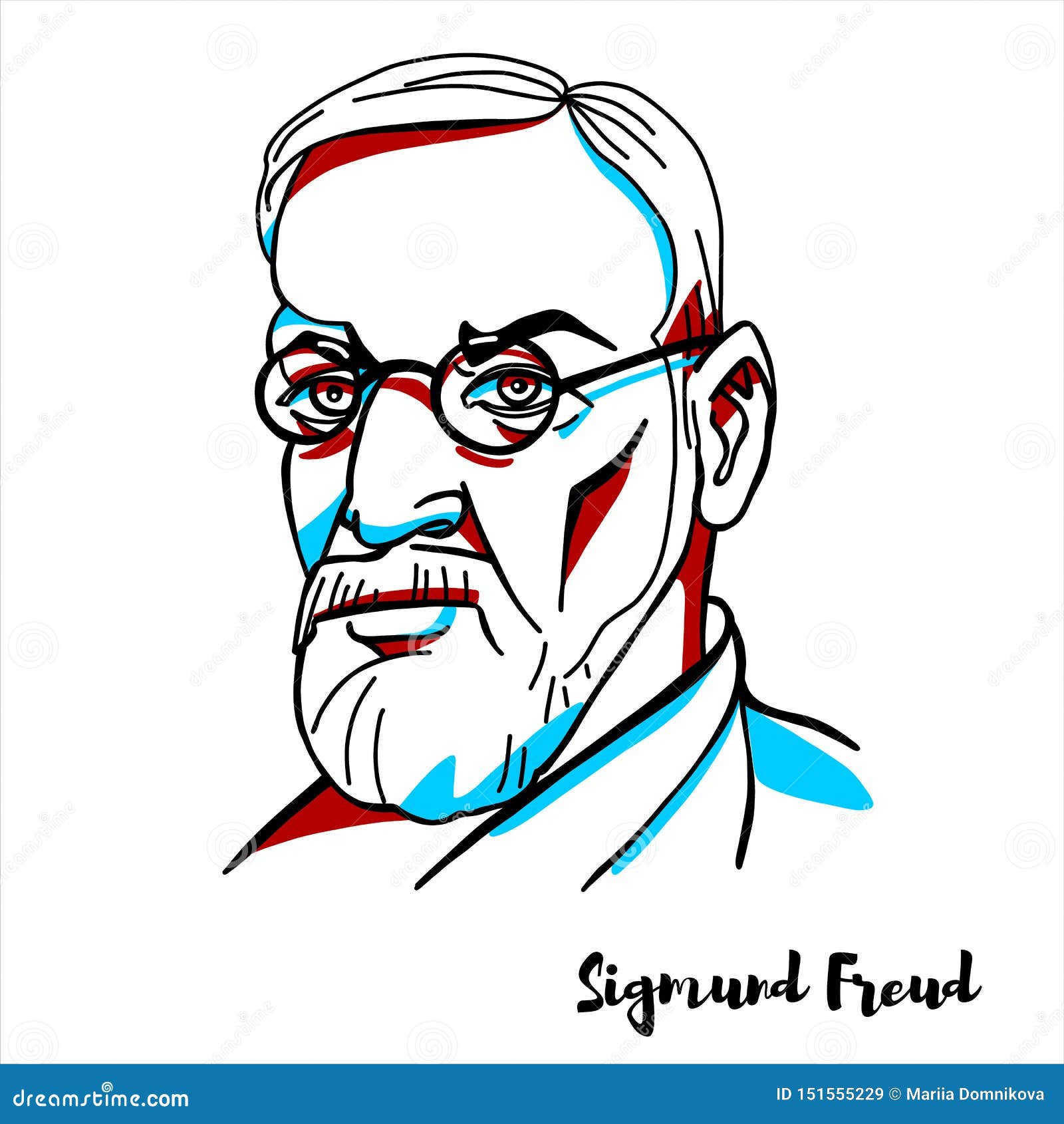Austrian neurologist Sigmund Freud is considered the founder of psychoanalysis and is known for his pioneering theories on the unconscious mind and the role of the psyche in human behavior. Born in Freiberg, Moravia in 1856, Freud studied medicine at the University of Vienna and later worked as a neuropathologist, researching the structure and function of the brain.
In the late 1800s, Freud began developing his theories on the human psyche, which he believed was made up of three parts: the ego, the superego, and the id. The ego represents the rational, conscious part of the psyche that mediates between the demands of the id and the constraints of the superego. The id is the unconscious, primitive part of the psyche that represents our primal desires and drives, such as hunger, sex, and aggression. The superego is the moral component of the psyche that represents our sense of right and wrong and strives to suppress the impulses of the id.
Freud believed that much of human behavior is motivated by unconscious conflicts and desires, and he developed techniques such as free association and dream analysis to help patients uncover and resolve these conflicts. He also introduced the concept of the Oedipus complex, which refers to a child's unconscious desire to possess the parent of the opposite sex and eliminate the rival parent.
In addition to his work on the psyche, Freud also made significant contributions to the field of neurology. He developed the concept of the "neuro-psychoses of defense," which posits that psychological problems can arise as a result of the brain's attempt to protect itself from unpleasant thoughts and memories. He also studied the relationship between physical disorders and psychological symptoms, such as the link between hysteria and neurological problems.
Freud's theories and methods have had a profound impact on the field of psychology and have influenced numerous other disciplines, including literature, art, and film. Despite criticism and controversy, his work continues to be widely studied and debated by psychologists and other professionals around the world.








